AI Sales Agents: Automate Every Step of the Sales Process (Beyond Support)


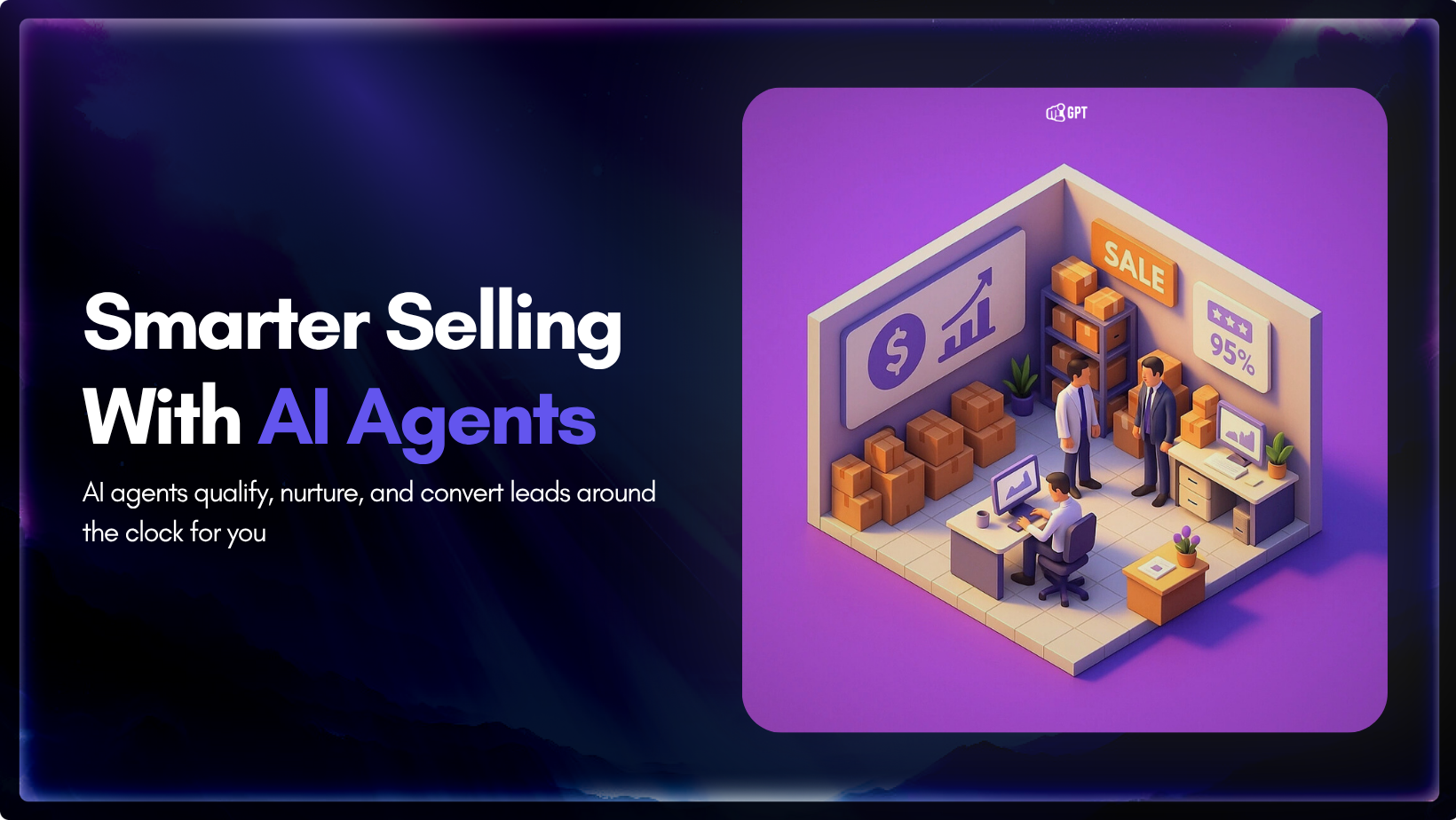
Sales teams face daily pressure to close deals, qualify leads, and build strong client relationships. Juggling these responsibilities often means handling repetitive tasks across multiple platforms. Most teams end up spending more time on admin than on strategic conversations.
AI Sales Agents solve this problem. Industry reports show that automation can deliver up to 50% more qualified leads and cut wasted call time by over 60%. These agents score leads, schedule meetings, send follow-ups, and keep your CRM updated in real time.
With AI Sales Agents, your team can focus on what matters—building relationships and driving revenue. Every step of the sales process is automated, so results improve and admin work reduces.
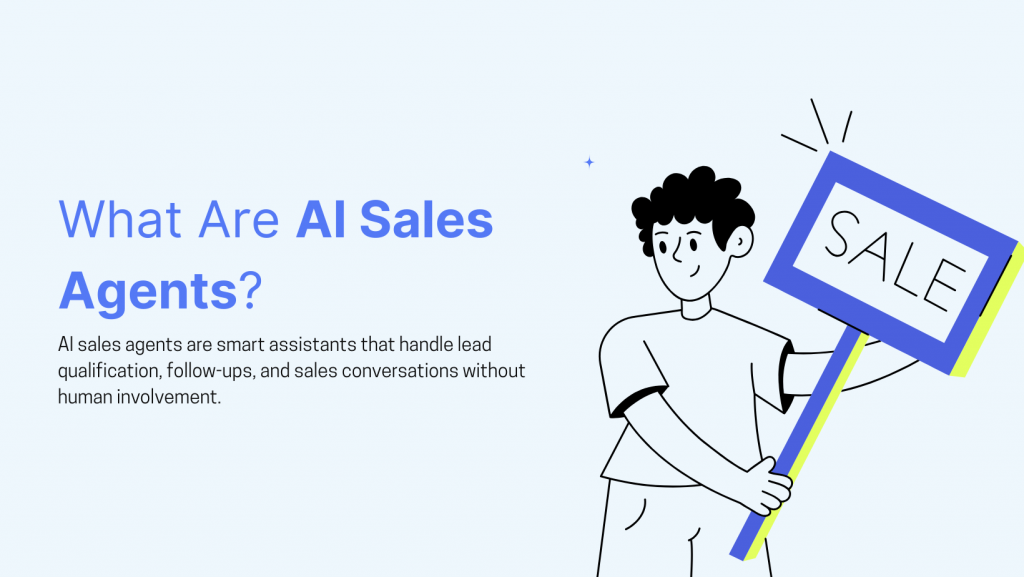
Artificial intelligence (AI) sales agents are advanced systems built to support sales teams throughout the sales funnel.
They can qualify leads, look at prospect data, respond right away, and help prospects make smart choices about what to buy to improve future interactions.
These agents work as a virtual extension of your sales staff, allowing you to automate tedious tasks while maintaining the human aspect. They are full-fledged team members, who handle the background work while your human salespeople focus on building rapport and closing deals.
A modern sales funnel is designed to guide prospects from first contact through post-sale engagement. Successful teams often rely on established sales frameworks such as AIDA (Awareness, Interest, Desire, Action) or BANT (Budget, Authority, Need, Timeline) to structure each stage and improve outcomes. Each stage addresses a distinct need and contributes to sustained growth and customer trust.
1. Awareness (Discovery):
In this phase, potential customers first learn about your brand. Marketing initiatives like digital ads, content (blogs, videos, social media), SEO, influencer partnerships and referrals grab attention and build interest.
Sales teams also step in to engage as soon as curiosity sparks. Having a professional and memorable brand identity helps significantly at this stage, and many businesses now use tools like an AI logo generator to quickly establish their visual presence. Together, the goal is to catch people’s attention, build recognition, and encourage them to take the next step.
2. Lead Qualification:
Once interest is established, prospects are filtered based on fit and intent. For example, BANT helps assess budget, decision authority, business needs, and buying timeline. This step ensures the right prospects enter your pipeline.
3. Consideration (Evaluation):
In this stage, qualified leads research your offerings, compare alternatives, and evaluate your value proposition. Providing helpful content, case studies, and clear information supports their decision-making process.
Businesses can further enhance this stage by quickly vibe coding a comparison tools or interactive calculators using a no code custom software development platform. These tools offer personalised insights, helping prospects clearly understand your unique value.
4. Lead Nurturing:
Consistent engagement is critical here. Nurturing involves answering questions, sending relevant updates, and sharing insights to address objections. This stage helps build credibility and keeps your brand top of mind.
5. Demo Scheduling or Consultation Booking:
At this point, interested leads are ready for direct interaction. Scheduling a product demo or consultation allows them to see your solution in action and discuss specific needs.
6. Decision (Commitment):
This stage is where prospects commit to moving forward. It often involves contract reviews, internal approvals, or pilot programs. Clear communication and prompt support are important to help buyers finalise their decision.
7. Closing and Follow-Up:
The focus now shifts to finalising the purchase. This includes handling negotiations, confirming details, and ensuring a smooth transition. Timely follow-ups show professionalism and help reduce drop-offs.
8. Post-Sale Engagement (Onboarding, Retention):
After closing, maintaining strong relationships is essential. Effective onboarding, regular check-ins, and proactive support help increase satisfaction, encourage renewals, and drive referrals.
9. Lost Deal Analysis:
Learning from lost opportunities is part of a successful sales process. Reviewing feedback and outcomes allows your team to refine future strategies and address gaps in your funnel.
A clear and complete sales funnel supports higher conversions, delivers a better customer experience, and builds lasting trust for your business.
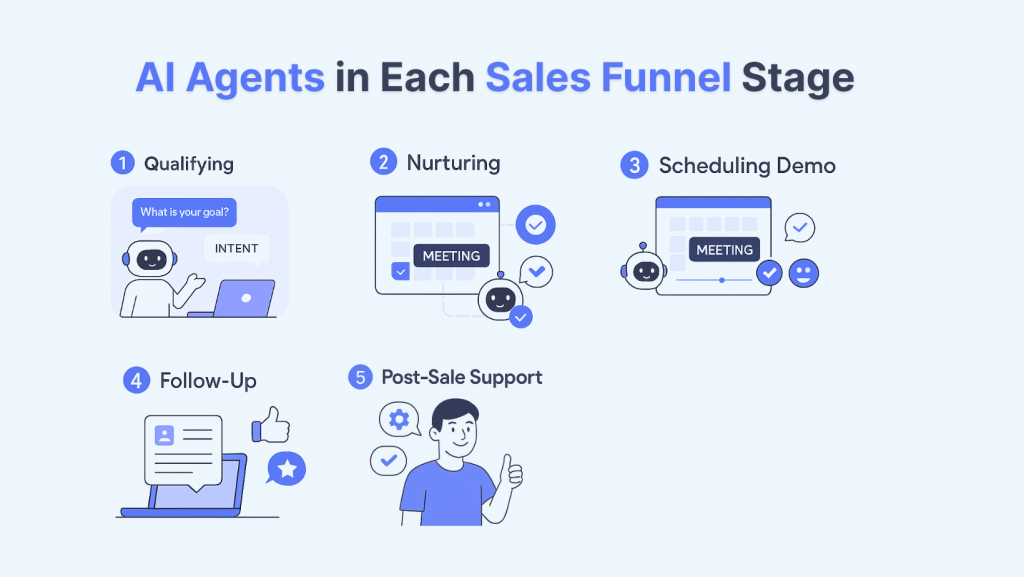
The sales funnel maps the journey buyers take from the first interaction to closing a deal. While it may appear straightforward, each stage requires a different approach. AI agents bring the most value when their strengths are matched to the right phase.
Lead qualification is one of the most essential phases in the sales process. AI agents can converse intelligently with prospects, rather than relying on generic chatbot flows or predefined forms. They can ask open-ended queries such as:
“What objectives are you focusing on this quarter?”
“What problems do you want this solution to address?”
Based on the responses, AI agents analyze the lead’s intent, urgency, and suitability, then categorize them accordingly. The agent can either tag the lead for a follow-up by a human representative or begin the nurturing process on its own. To further enhance this, you can integrate simple yet effective tools, such as a QR code for lead capture during events or in marketing materials, enabling prospects to initiate contact directly via their mobile devices with ease.
Once a lead has been qualified, nurturing can begin. By providing individualized content and updates via email, SMS, and live chat, AI agents automate this process. The agent keeps an eye on the responses from the prospect and modifies the nurturing process according to the lead’s engagement:
No answer? The agent sends a polite reminder.
A request for additional information? It provides pertinent case studies or product details.
“I’m prepared to purchase.”? For closing, the agent puts the prospect in direct contact with a human representative.
Each lead will feel involved but not overburdened thanks to this individualized approach.
Scheduling demos can often be a time-consuming and frustrating process, marked by numerous back-and-forth emails to find the ideal time. By synchronizing with calendars and recommending available meeting times according to the lead’s time zone, AI agents address this issue.
The AI agent confirms the meeting, sends calendar invitations, and provides a link to the meeting room after a lead selects a time. This improves the scheduling process and eliminates unnecessary delays.
AI agents take over to maintain the momentum after the demo is finished. They ask for feedback, summarize the main points of the meeting, send follow-up emails, and even offer suggestions for next steps. AI agents ensure that the lead remains interested and prepared to proceed to the next phase without feeling overloaded by properly spacing out these follow-ups.
After the purchase, AI agents deliver tailored onboarding, answer product questions, and provide ongoing guidance. They request reviews, collect feedback, and address concerns quickly. When renewal dates or upsell opportunities approach, the agent shares timely reminders and relevant offers. This ensures customers feel valued, supported, and confident to share positive experiences.
YourGPT offers a quick, no-code way to create sales chatbots that automate prospect engagement, qualify leads, and support your sales team across channels.
Sign up on the YourGPT platform and log in. The dashboard makes it easy to start building a sales agents, even for non-technical users.

Feed your agent accurate sales data to ensure it handles prospect queries with confidence.
Training your bot on this information helps it qualify leads, address objections, and provide clear answers at every stage.
Tailor your agent to match your sales strategy.

Deploy your sales agent where prospects are active.
This step ensures your agent ai works as an always-on sales assistant, capturing and qualifying leads 24/7.
Track your chatbot’s effectiveness in real time.
Continuous improvement keeps your sales chatbot aligned with business goals and market trends.
With YourGPT, you can build a robust sales chatbot in minutes—empowering your team to qualify leads, answer questions, and drive more deals with less manual effort.
While AI sales agents can drive efficiency and boost results, certain challenges can hinder their effectiveness. Understanding and proactively managing these obstacles will help you get the most value from your investment.
1. Balancing Automation and Human Touch
AI agents are best at automating repetitive or low-value tasks, but some interactions demand human judgement and empathy. Define clear handoff points so that complex questions or high-value opportunities reach your sales team promptly. This ensures prospects receive the right blend of automation and personalised attention.
2. Data Quality and Ongoing Learning
The quality of your AI agent depends on the quality of the data it receives. Feed your agent accurate, up-to-date information from trusted sources. Regularly review user interactions, update training data, and fine-tune responses based on real feedback to keep your agent effective and relevant.
3. Maintaining Consistent Brand Messaging
Consistency in tone and messaging is crucial for building trust. Set clear style guidelines and ensure your AI agent aligns with your company’s communication standards. Monitor conversations to guarantee a seamless experience, whether prospects interact with a human or an AI agent.
4. Human Oversight and Accountability
Even advanced AI agents need supervision. Assign team members to monitor agent performance, review edge cases, and step in when needed. Regular oversight reduces the risk of errors and ensures that the sales process moves forward smoothly.
If you actively manage these areas, your business can get the most out of AI sales agents, lower risks, and give every customer a consistent, high-quality experience.
AI sales agents have changed how modern sales teams operate. By automating repetitive work and supporting every stage of the sales funnel, they help teams respond faster, qualify leads more accurately, and build stronger customer relationships.
Businesses adopting AI sales agents gain not only in productivity but also in conversion rates and customer satisfaction. With the right setup and oversight, AI agents become reliable team members who ensure that no opportunity is missed.
If your sales team is ready to move beyond manual processes and focus on strategic growth, implementing AI sales agents offers a proven way forward. Start today to give your team more time for what matters most—closing deals and building long-term trust.
Automate lead capture and follow-ups 24/7. Close deals faster with AI Sales Agents.
No credit card required • 7 days access
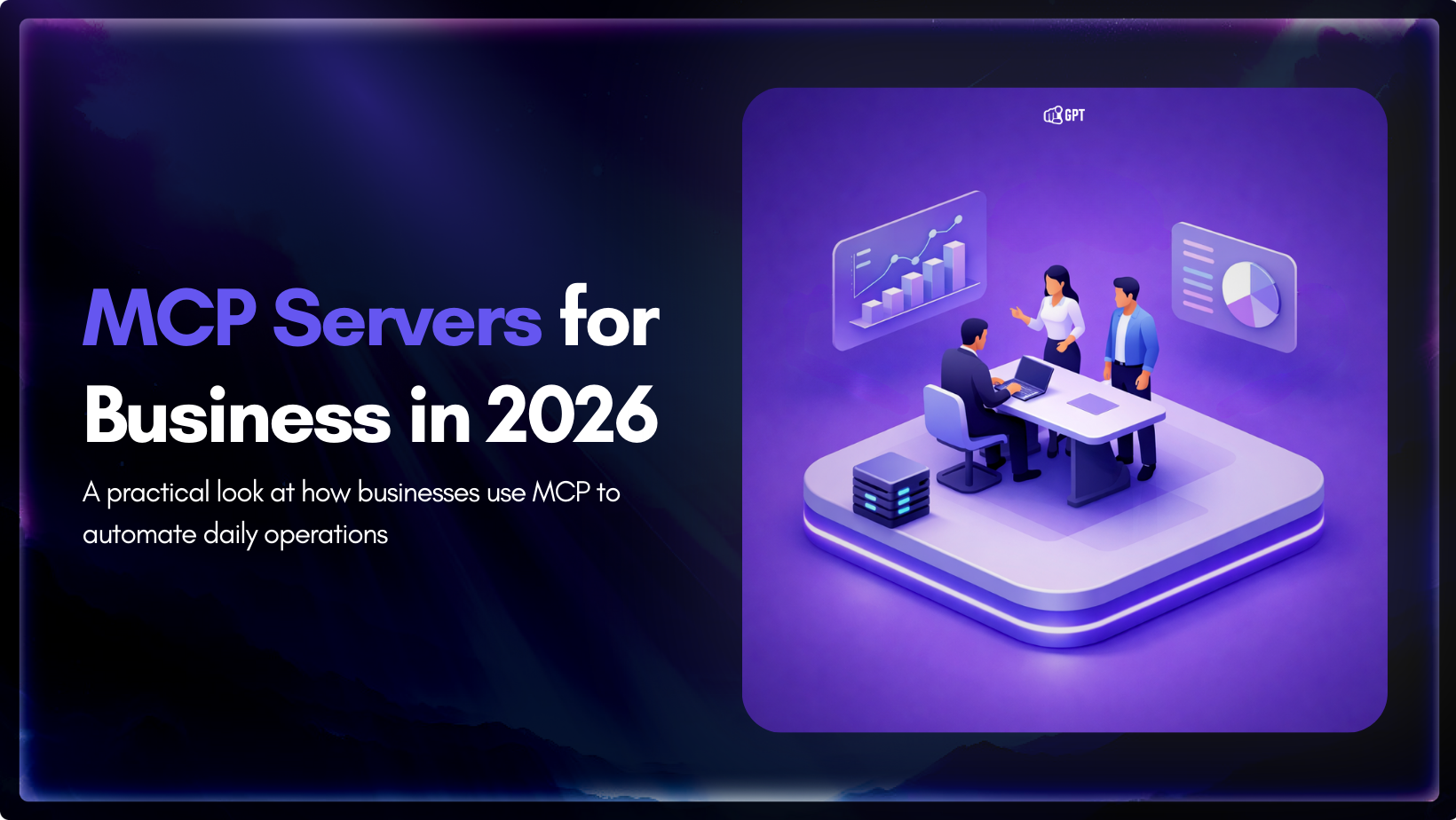
Growth-focused teams move faster when their tools work together instead of competing for attention. Modern development depends on multiple systems to ship code, review changes, monitor services, and access data. Each system serves a purpose, but routine work often means moving between dashboards, scripts, and internal tools. These small transitions shape how consistently a team […]

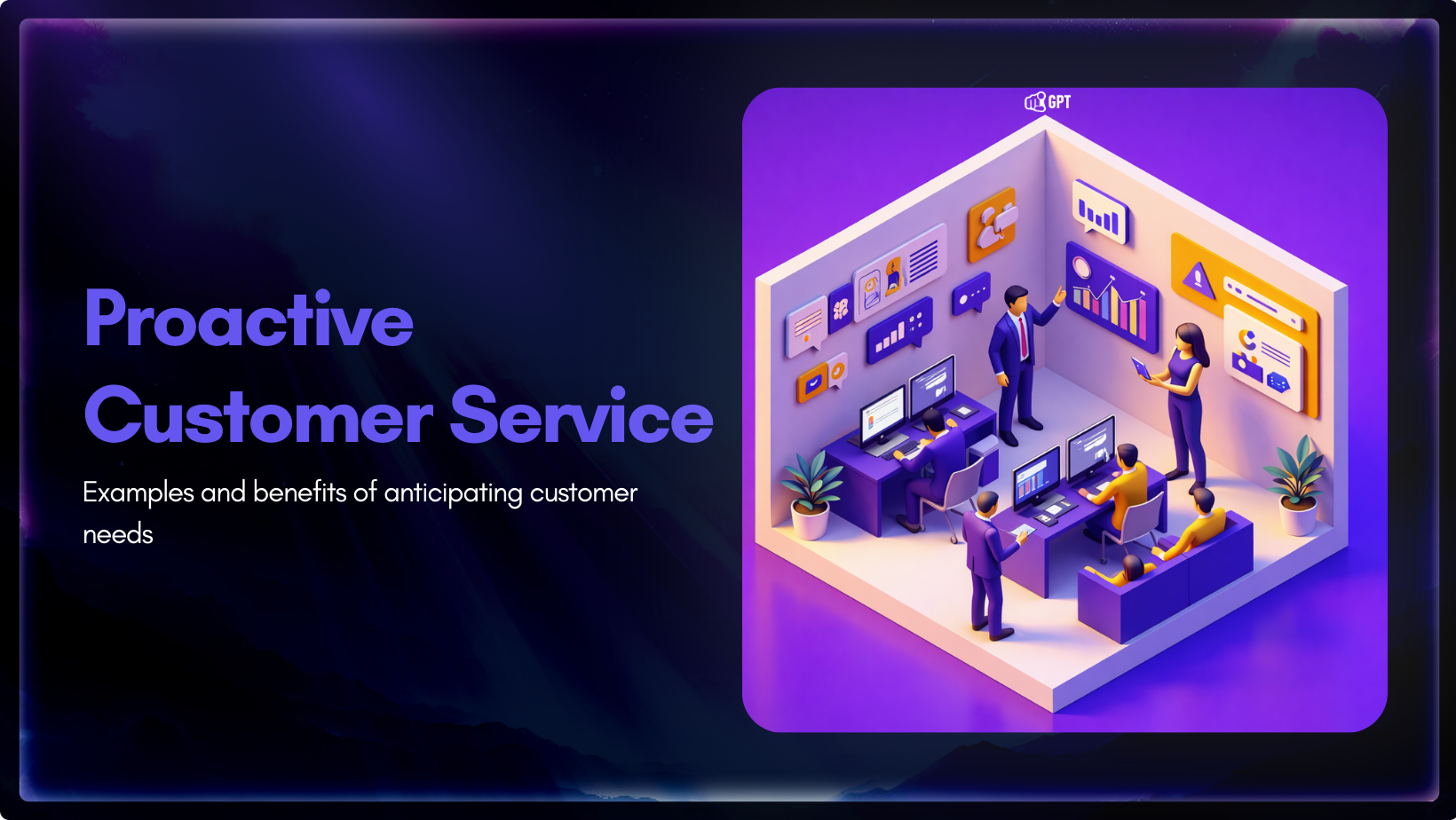
Most customer service moments begin long before a ticket is created. Something feels off. A payment does not go through. A delivery update stops moving. A user gets stuck at the same step and tries again. Customers usually pause, check, retry, and wait before they decide to ask for help. Proactive customer service works inside […]

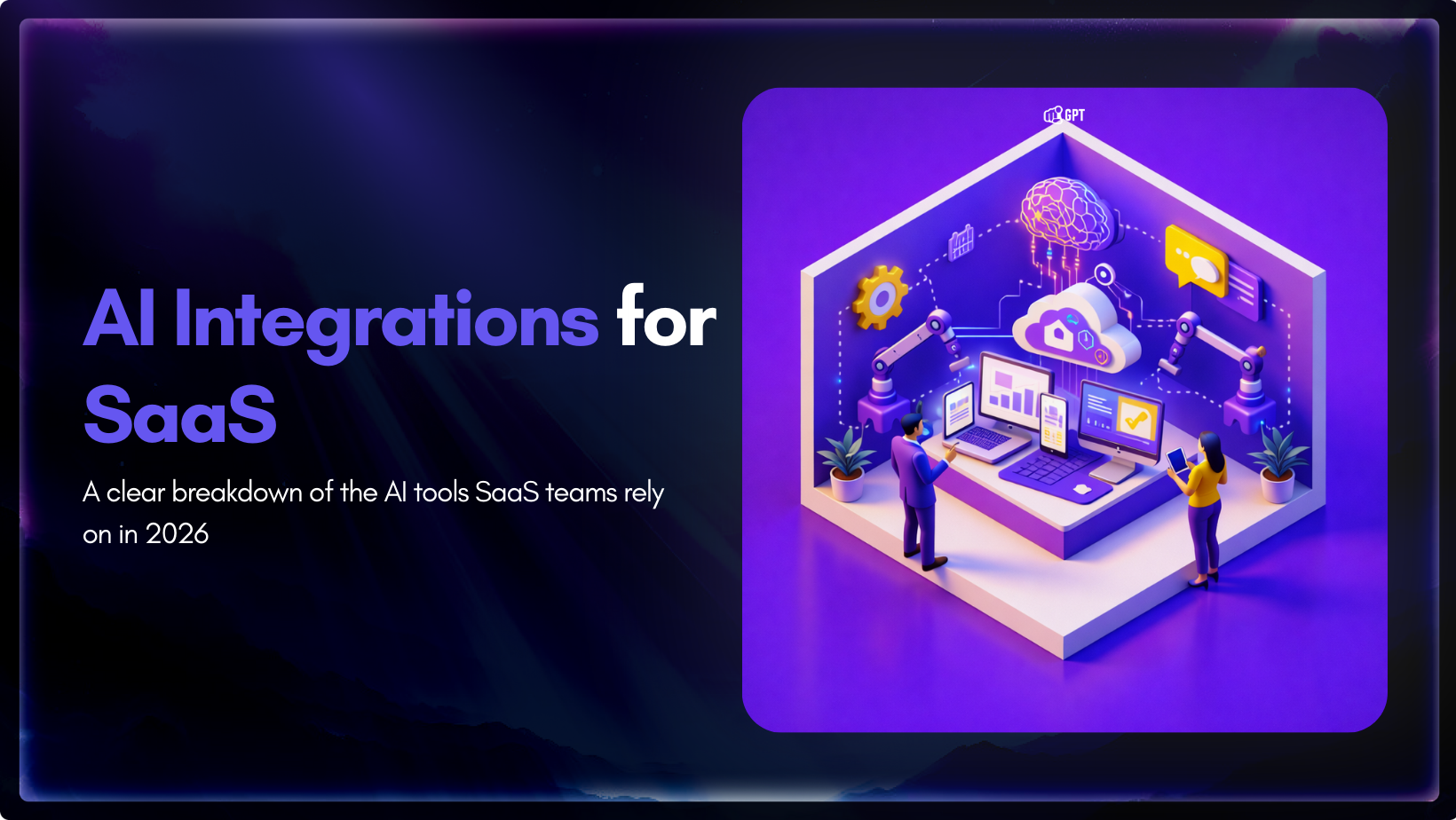
AI has become a core part of how modern SaaS products are built and delivered. In 2026, customers expect intelligent assistance to be available throughout their journey, from onboarding and everyday product usage to support and account management. Inside SaaS teams, AI is increasingly used to speed up workflows, reduce repetitive tasks, and improve how […]

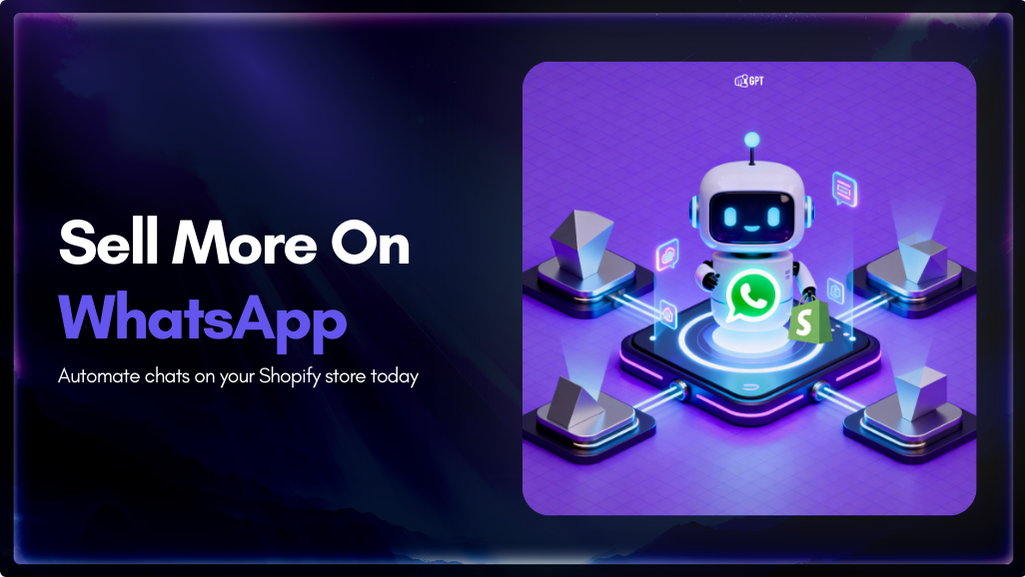
Shopify stores often use a chatbot on their website to handle product questions, order updates, and support. But customers also message on WhatsApp expecting the same quick answers. Most of them already use WhatsApp throughout the day, so reaching out there feels natural. A chatbot that works across both channels responds in seconds, guides purchase […]


Most businesses do not struggle to generate leads. They struggle to know which ones are worth acting on. Forms get filled, DMs arrive, emails are opened, and chats happen across multiple tools. Some prospects convert. Most do not. The real problem is that there is no reliable way to tell, early enough, which signals actually […]

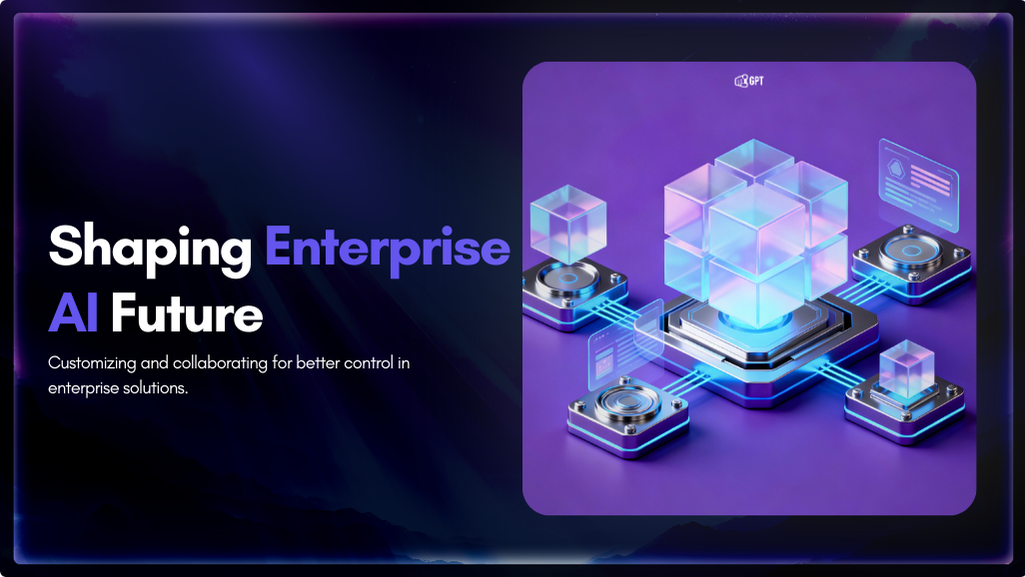
Artificial Intelligence has advanced quickly over the past five years, moving from an experiment to a standard component of modern business. AI has become a central part of enterprise strategy. 88% of organizations are now using AI. This figure has increased from 78% the year before. This transformation is reshaping how companies run, communicate, and […]
